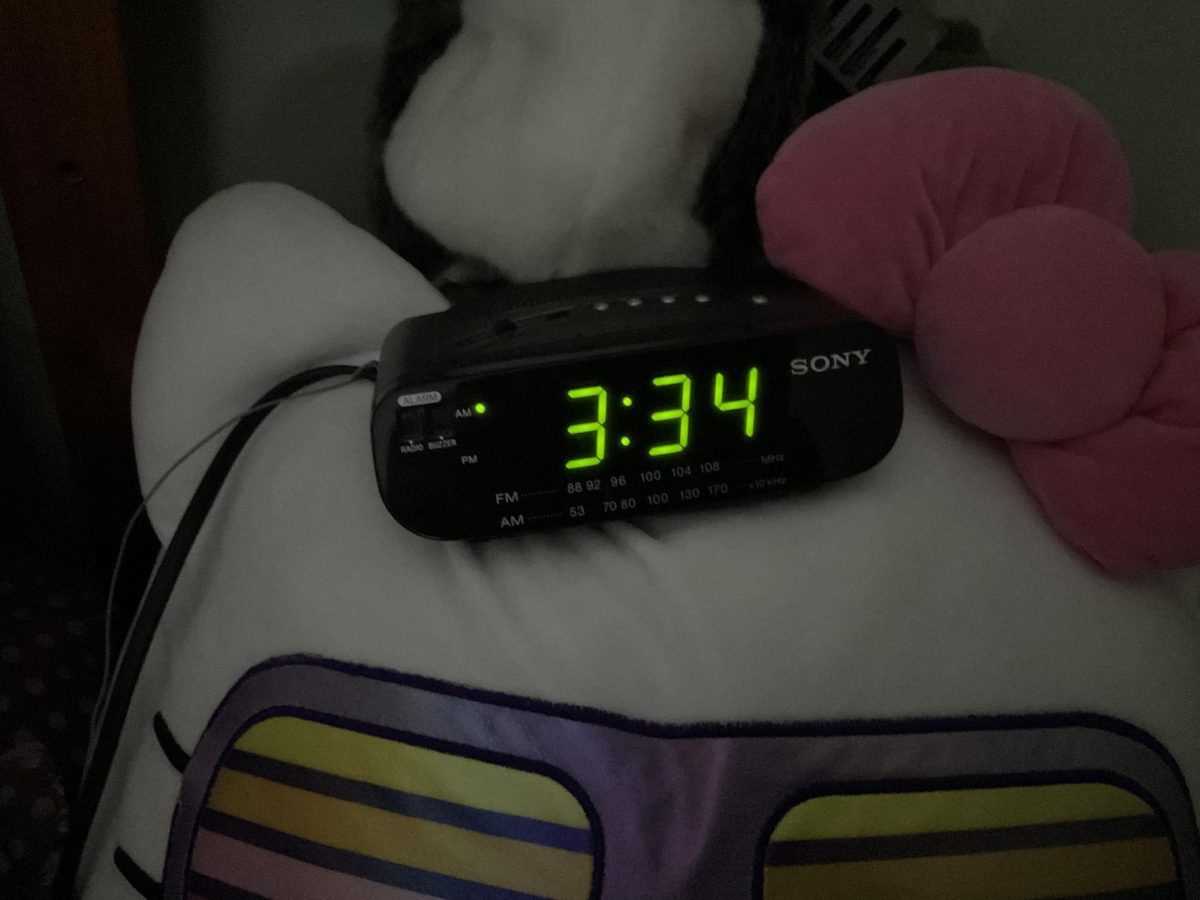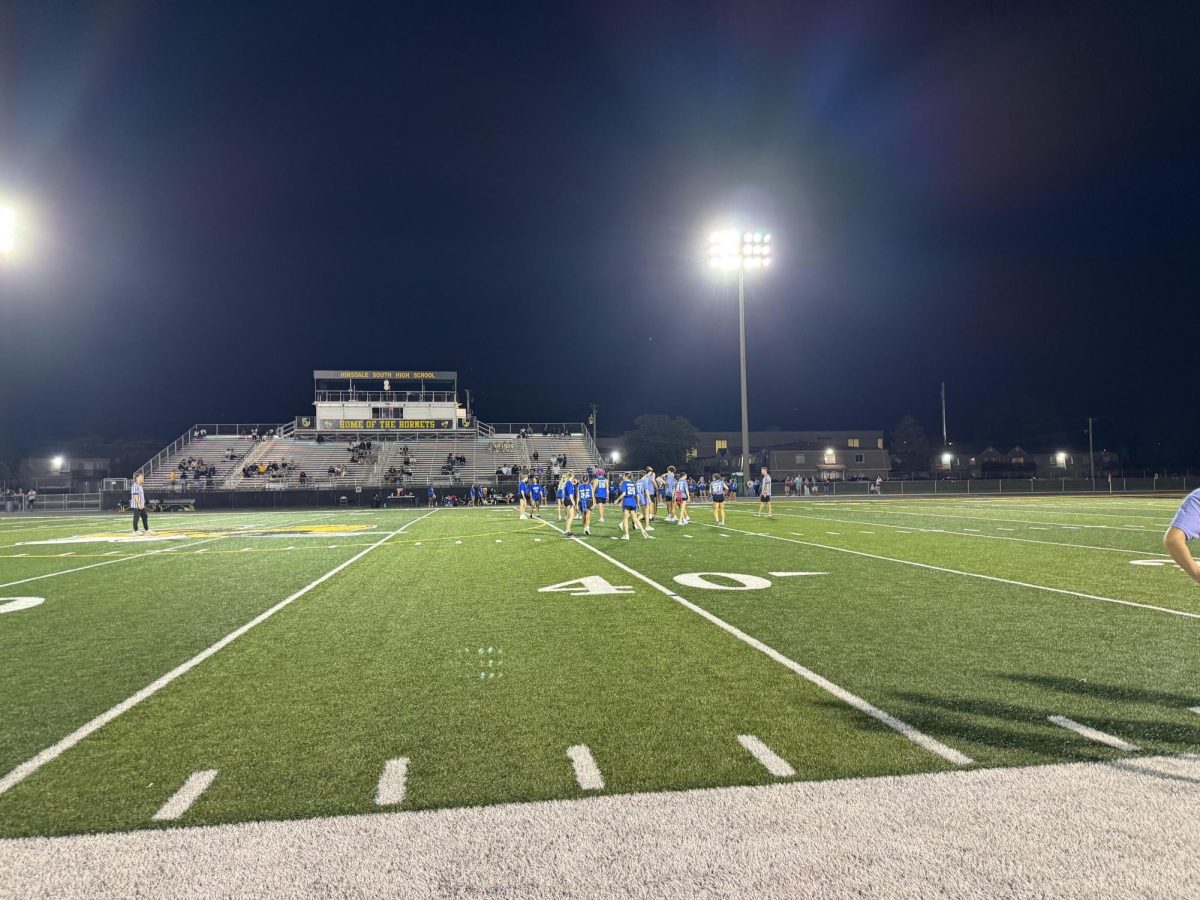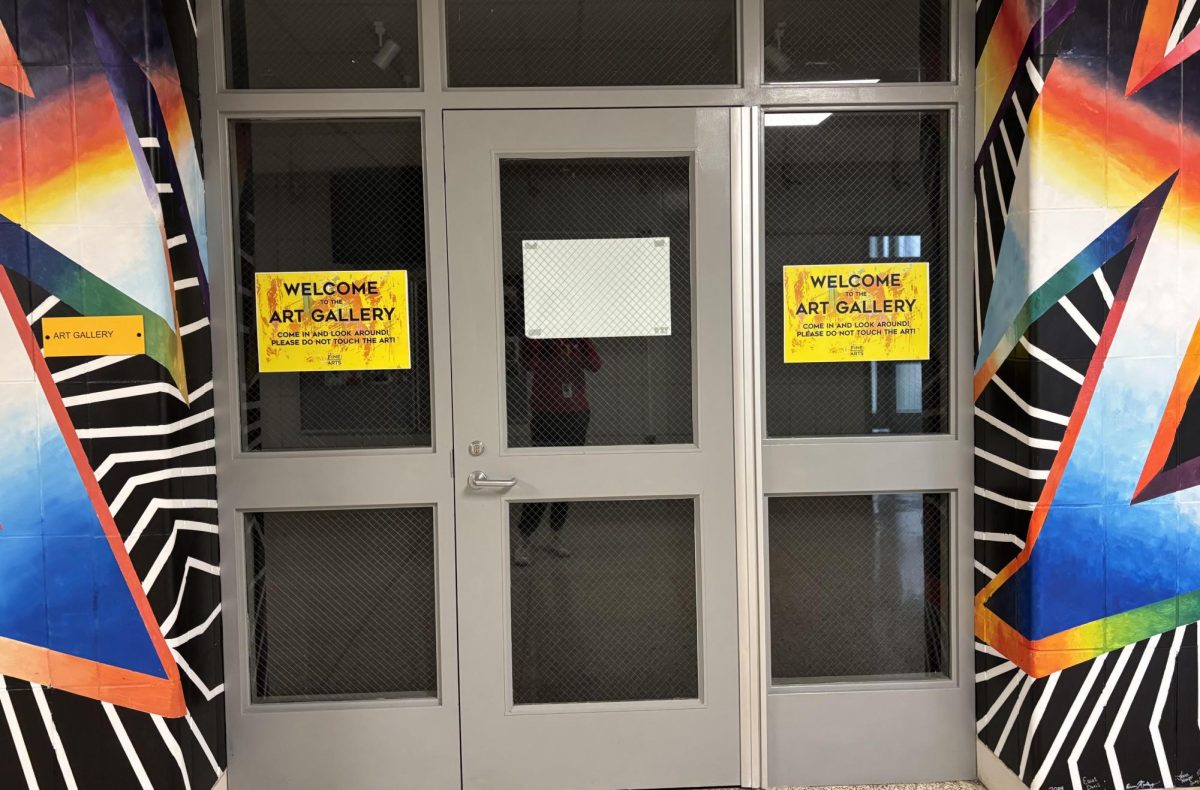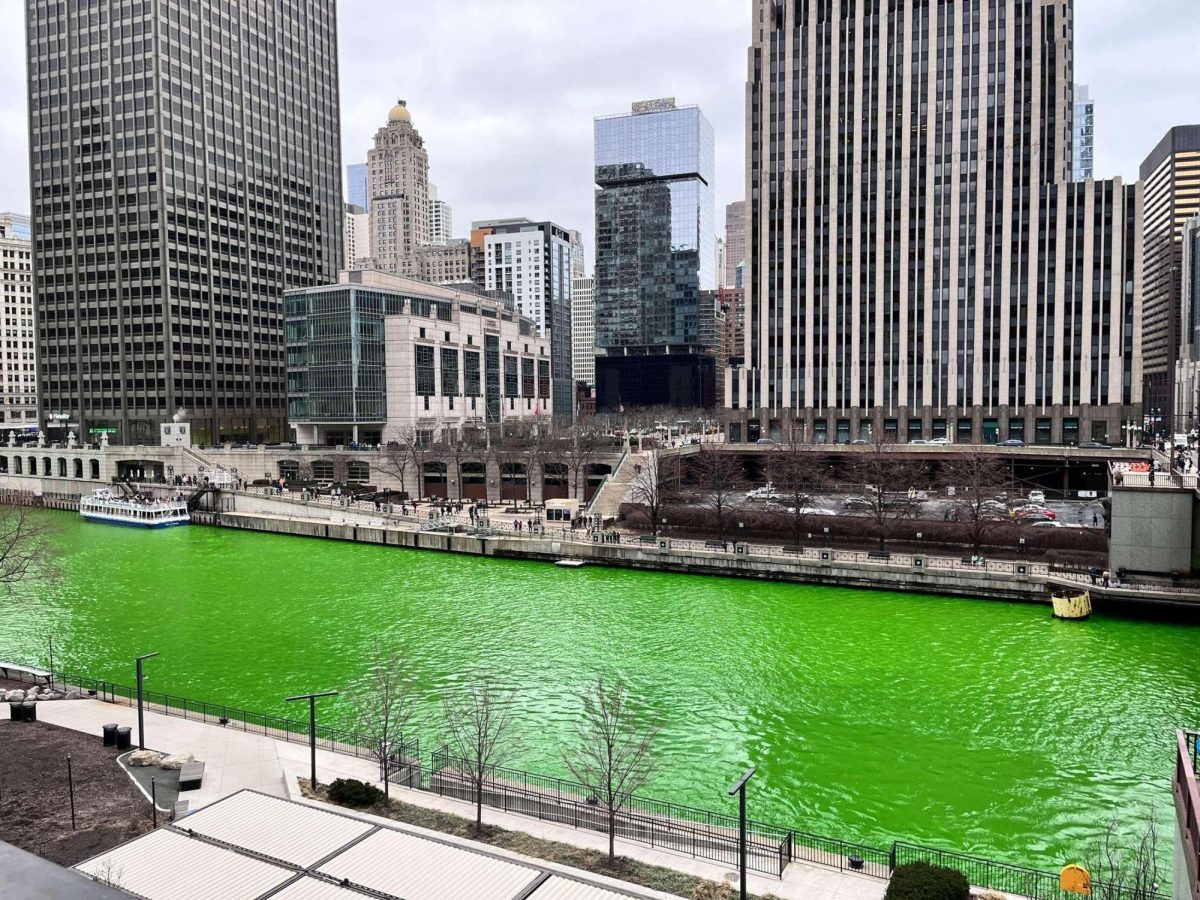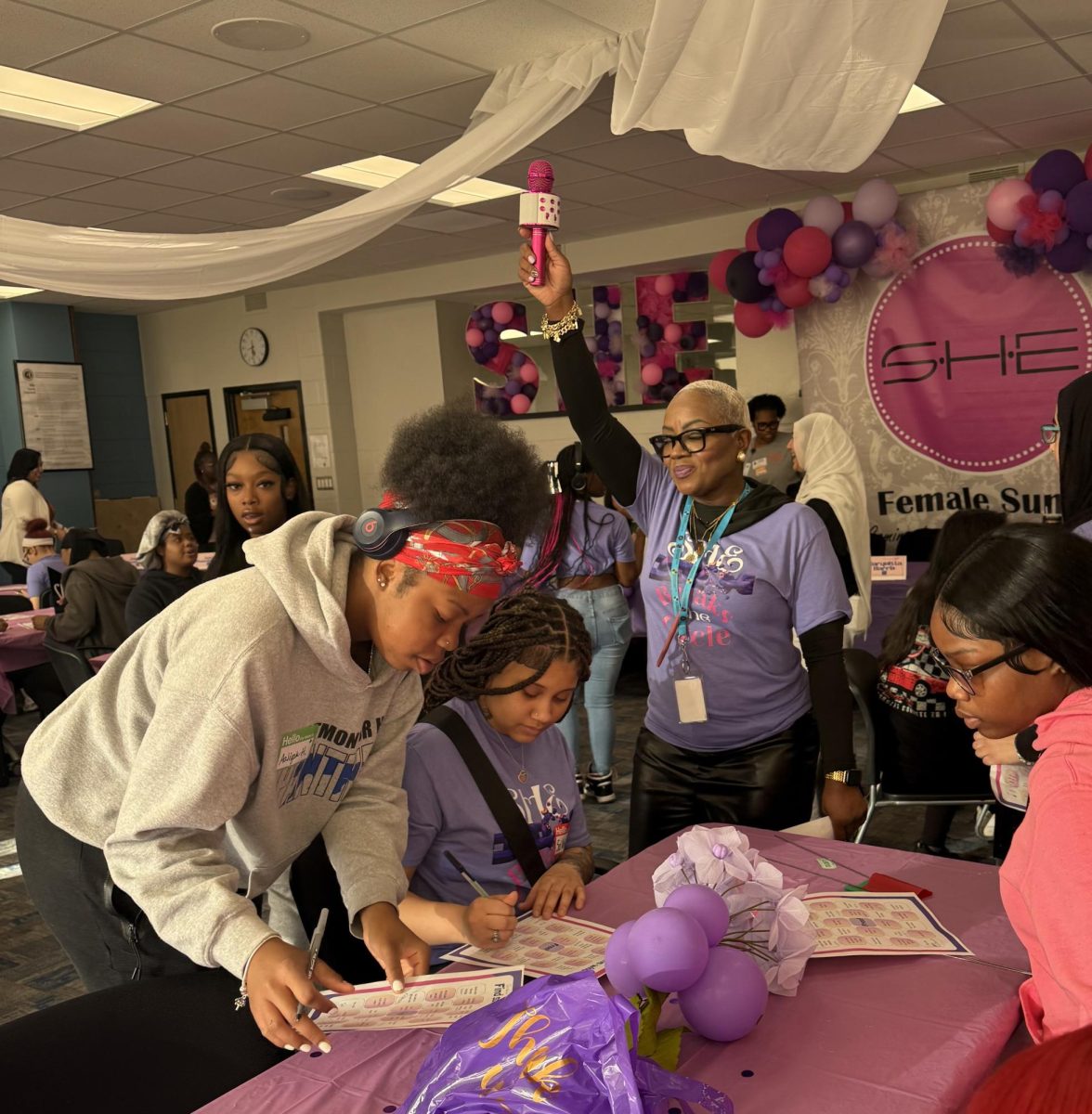It’s no secret that high schoolers don’t sleep enough. In fact, as I start typing this article, the clock reads 2:54 am, marking approximately three hours and twenty minutes until I have to get up for school. The recommended amount of sleep for teenagers is eight to ten hours, but very few students even get close to that amount of sleep. South students are no exception.
In a survey of 104 Hinsdale South students, almost 90% reported getting less than eight hours of sleep per night on school nights, with 43.3% getting six or less hours of sleep. This makes South about one hour worse than the national average, which is seven to seven and a half hours of sleep per night.
What does this mean for our health?
Not sleeping enough can have devastating effects on peoples’ health, especially teenagers, whose brains and bodies develop during sleep. According to the National Library of Medicine, sleep deprivation can significantly increase a person’s risk for certain cancers. Studies show that sleeping less than six to seven hours per night can increase the risks for hormone-related cancers like breast and prostate cancer by up to 69%. This is because disrupting natural circadian rhythms with insufficient sleep messes with the body’s regulation of hormones.
Chronic sleep deprivation can also weaken your immune system and cause inflammation, which is why you may get sick more often when you aren’t sleeping. 83.6% of the surveyed students said they experienced common symptoms of sleep deprivation, including fatigue, drowsiness, difficulty focusing, achiness, or headache due to a lack of sleep, and 10.6% reported experiencing these symptoms almost all of the time.
Why is this happening? What can we do about it?
South students have varying opinions on how others can get more sleep. A perhaps unpopular answer is that many people just need to improve their time management skills.
“I don’t get how anyone gets less than eight hours of sleep,” said junior Sienna Wright. “That’s just poor time management.”
Wright says she gets at least eight hours of sleep per night, and that’s with rigorous courses like AP Chemistry, which assigns a lot of homework. Similarly, junior Emma Koelling says she gets at least eight hours of sleep per night on school nights.
“I get home from school and just do homework,” Koelling said.
Procrastination is definitely a significant factor of sleep deprivation among teens, due to a combination of a lack of motivation to do work and addictive social media sites that keep users scrolling for hours on end. This can have negative effects on students’ academic performance as well, with 82.7% of surveyed South students saying they had performed poorly in school because of a lack of sleep.
However, a heavy load of homework and an unwillingness to ‘just do it’ isn’t the only thing keeping South students from sleeping.
“I tried to just join as many things as I could at the beginning of the year,” said freshman Maddy Herrada.
Herrada is involved in badminton, bowling, and Science Olympiad, as well as other extracurriculars throughout the year, and cites these as a reason for her not getting the recommended amount of sleep.
With ever-rising pressure on high schoolers to be involved in and excel at everything, it’s not necessarily students’ faults that they aren’t resting enough. However, no matter the reason for your sleep deprivation, there are strategies to combat it: taking short breaks in intervals while working and planning out how much time you plan to spend on a task before you begin can help get work done faster, and there is a host of different strategies online about how to fall asleep faster. Find one that works for you and stick with it!
How do South’s sleeping habits compare to other countries?
It turns out Hinsdale South isn’t alone in spotty sleeping habits. Here are some stats on the sleep that high schoolers get around the world:
Europe: 7.5 – 9.5 hours per night
Asia: 5 – 7 hours per night
Africa: 7 – 8 hours per night
Australia: 8 hours per night
Most sleep deprived: South Korea (4.9 – 5.5 hours per night, including weekends!)
Least sleep deprived: Switzerland (9.2 hours per night!)

